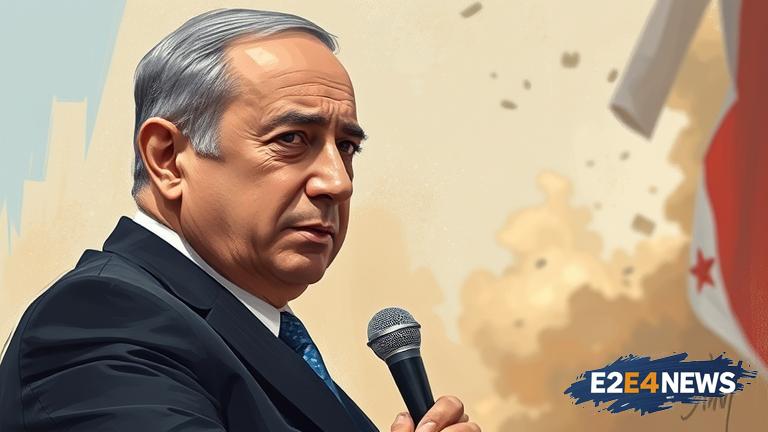The recent escalation of violence in Gaza has raised questions about the leadership of Israeli Prime Minister Benjamin Netanyahu. Despite having a unique opportunity to halt the war, Netanyahu’s administration has been criticized for its handling of the situation. The conflict in Gaza has been ongoing for years, with both Israelis and Palestinians suffering heavy losses. The international community has called for a ceasefire, but Netanyahu’s government has been reluctant to negotiate. The Israeli leader has been accused of prioritizing political gain over the welfare of his citizens and the Palestinian people. The war in Gaza has resulted in significant damage to infrastructure, including homes, schools, and hospitals. Many civilians have been displaced, and the humanitarian crisis is worsening by the day. The United Nations has warned of a potential catastrophe if the conflict is not brought to an end soon. Netanyahu’s opponents have accused him of being out of touch with the needs of the Israeli people. The Israeli leader has faced criticism from within his own party, with some members calling for a more nuanced approach to the conflict. The Palestinian Authority has also condemned Netanyahu’s actions, stating that his government is responsible for the escalation of violence. The international community has urged both sides to return to the negotiating table, but so far, there has been little progress. The war in Gaza has significant implications for the region, with the potential to destabilize neighboring countries. The conflict has also raised concerns about the role of other countries, including the United States, which has been accused of providing military aid to Israel. The European Union has called for a ceasefire and has offered to provide humanitarian assistance to those affected by the conflict. Despite the criticism, Netanyahu’s government remains committed to its current course of action. The Israeli leader has stated that his government will do everything in its power to protect its citizens, even if it means continuing the war in Gaza. However, many experts believe that this approach is misguided and will only lead to further suffering for both Israelis and Palestinians. The conflict in Gaza is a complex issue, with deep-rooted historical and cultural factors at play. A lasting solution will require a comprehensive and nuanced approach, taking into account the needs and concerns of all parties involved. The international community must continue to pressure both sides to negotiate a peaceful resolution, and Netanyahu’s government must be willing to make concessions in order to achieve a lasting peace. The future of the region depends on it, and the world is watching with bated breath as the situation continues to unfold. The consequences of failure will be catastrophic, and it is imperative that leaders on both sides take immediate action to prevent further bloodshed. The people of Gaza and Israel deserve a chance to live in peace and security, and it is the responsibility of their leaders to make this a reality. The world will be watching to see if Netanyahu’s government is willing to seize the opportunity for peace, or if it will continue down a path of violence and destruction.





